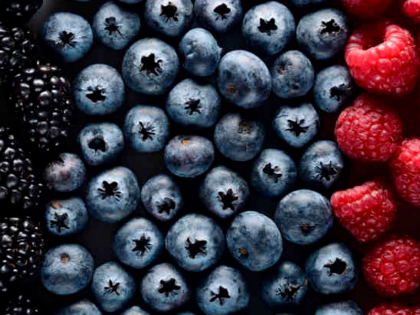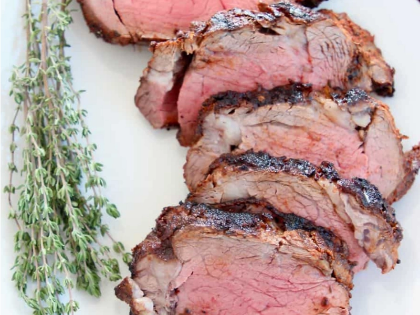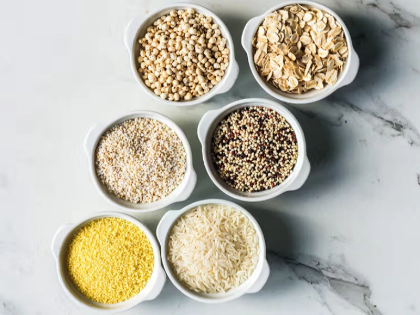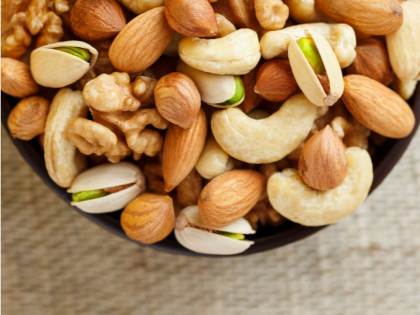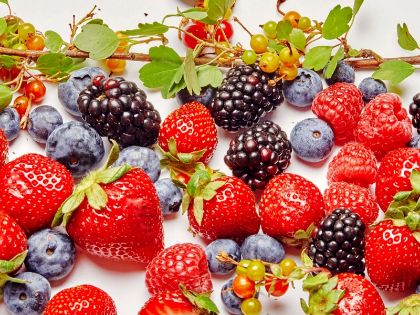Broccoli: The Vegetable That Supports Healthy Aging
1. Broccoli's Nutritional Profile
Given its amazing nutritional profile, broccoli is sometimes described as a superfood. Packed with vitamins, minerals, and antioxidants, this cruciferous vegetable is rather important for maintaining general health. Especially among dietary fibers, broccoli is a great source of folate, vitamin C, and vitamin K. These minerals not only assist physical activities but also help to promote good aging by lowering the risk of age-related disorders.
2. Antioxidants and Aging
Broccoli's great antioxidant load is one of the main ways it supports good aging. Compounds called antioxidants enable free radicals—unstable chemicals that can induce oxidative stress and damage cells—to neutralize themselves. Many age-related diseases, including heart disease and neurological diseases, have oxidative stress connected to them. Foods high in antioxidants like broccoli let people help shield their cells from damage and increase lifespan.
3. Anti-inflammatory Characteristics
Another element aggravating aging and the onset of age-related illnesses is chronic inflammation. Sulforaphane and indole-3-carbinol are two of broccoli's numerous anti-inflammatory agents. These drugs help control the inflammatory reaction of the body, therefore lowering the risk of chronic diseases such as heart disease and arthritis. As one matures, including broccoli in the diet can help preserve a healthy inflammatory response, therefore improving general health.
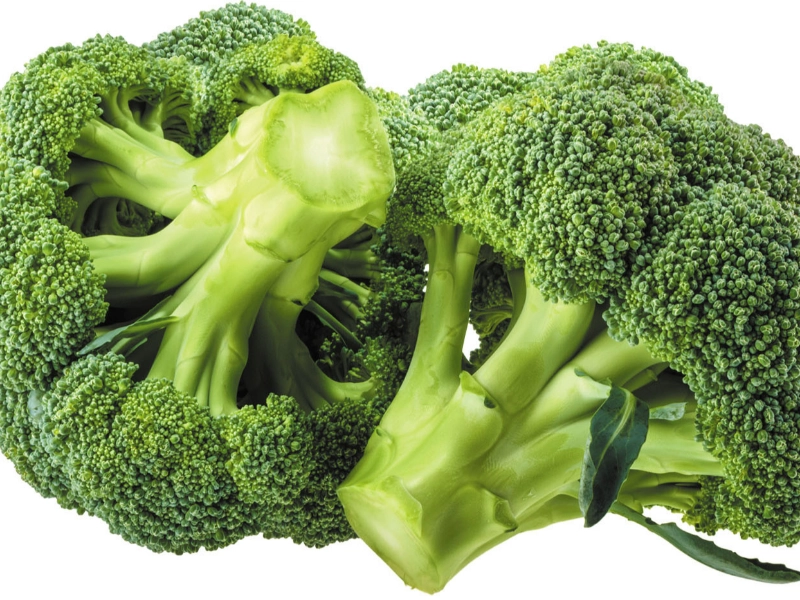
4. Integrity of Bones
Healthy aging depends on strong bones, especially as age often results in a declining bone density. Calcium and vitamin K, both of which are critical for bone health, abound in broccoli. While calcium is required to maintain bone health, vitamin K is absolutely vital in bone metabolism and helps prevent fractures. Including broccoli in a well-balanced diet helps people support their bone condition and lower their osteoporosis risk.
5. Cardiovascular Conditions
Since heart disease is the main source of morbidity in elderly persons, heart health is absolutely important for good aging. Broccoli benefits cardiovascular health in a number of respects. Its great fiber content helps lower cholesterol; antioxidants benefit the cardiovascular system by lowering oxidative stress. Further supporting heart health is the potassium in broccoli, which helps control blood pressure. One can be proactive in preserving a healthy heart as one matures by routinely eating broccoli.
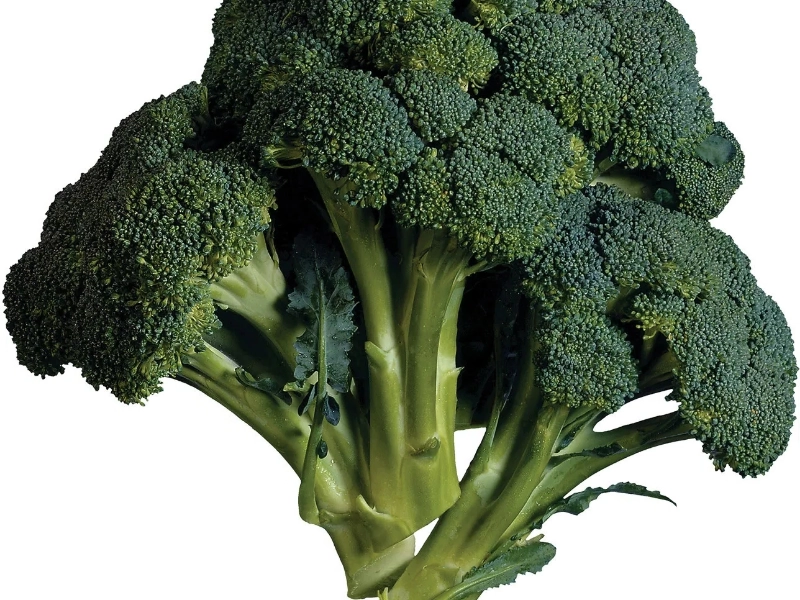
6. Stomach Health
Many times, aging results in digestive problems, including reduced gut health and constipation. An outstanding source of nutritional fiber, broccoli helps to encourage regular bowel motions and good digestion. By encouraging the growth of good gut bacteria, fiber supports gut health. Nutrient absorption depends on a functioning digestive system; hence, older persons who might require more nutrients to maintain their health especially need this.
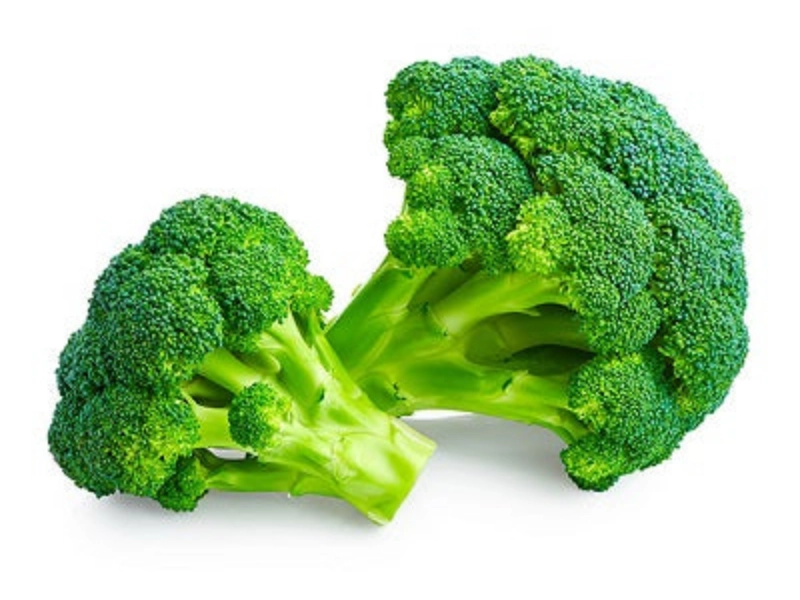
7. Cognitive Ability
As people get older, one often worries about cognitive impairment. New studies point to broccoli's nutrients possibly supporting brain function and health. For example, while vitamin K has been linked to enhanced memory and cognitive ability, the antioxidants in broccoli can help shield brain cells from oxidative damage. Incorporating broccoli into the diet might help to improve brain function and reduce age-related cognitive decline risk.
8. Simple Strategies for Including Broccoli in Your Diet
Including broccoli in your meals is easy and flexible. Steamed, roasted, or stir-fried, it can be eaten and goes great with many kinds of cuisine. Including broccoli in pasta, soups, or salads will improve the taste and nutritional worth of your food. Frozen broccoli is a handy solution that maintains its nutritional value for individuals who want a quick fix.
9. Synopsis of Broccoli's Advantages for Aging Healthfully
One nutrient-dense vegetable that greatly supports good aging is broccoli. Its great abundance of antioxidants, anti-inflammatory agents, and vital minerals and vitamins qualifies it as a great supplement to every diet. Broccoli helps people stay well as they age by supporting heart health, bone strength, cognitive ability, and digestive health. Accepting this adaptable vegetable can be a proactive approach toward a later-life healthier, more colorful existence.




